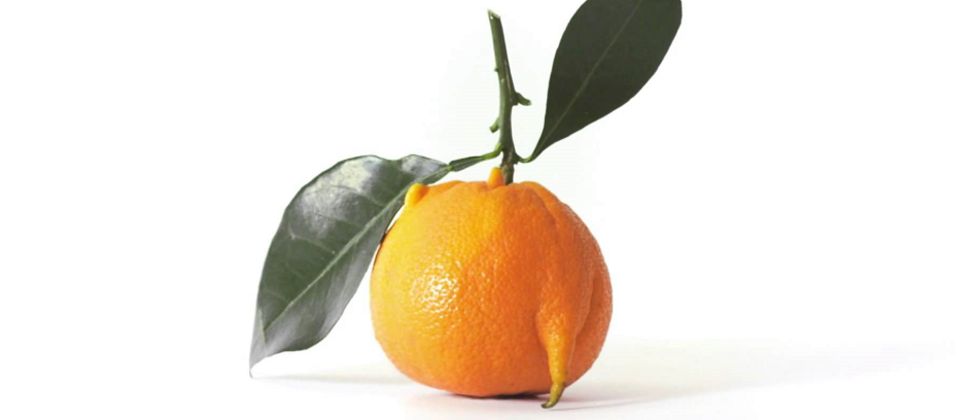California Management Review
California Management Review is a premier academic management journal published at UC Berkeley
by Mark Esposito

It is shocking how much food we are throwing away. Around 88 million tons of food are wasted annually in the EU. At the same time, some 46 percent of edible mass of fruits and vegetables is lost or wasted. In the UK, 7 million tons – or some £12.5 billion - of food and drink are thrown away from homes each year. And a recent report points out that manufacturing accounts for 5 million tons out of the 6.5 million tons of food waste created in the supply chain of UK grocery stores.
This is why, for its circular economy initiative, the EU Commission has committed to reducing food waste. In fact, its ambition is to turn food waste into a resource. But how? Often, much of the fruits and vegetables that end up in the bins simply because they do not meet the cosmetic standard of retailers and have nothing to do with quality.
To take advantage of this, Intermarché, France’s third largest supermarket chain, launched a campaign called the “Les Fruits et Légumes Moches” (“Inglorious Fruits and Vegetables”). In this case, the supermarket buys the non-perfect fruits and vegetables that growers would usually discard and sell them in stores. The supermarket chain then sell them for 30 to 50 percent cheaper. To raise the awareness of consumers, these inglorious fruits and vegetables get their own aisles and labels (e.g. “Orange moche”). In fact, to enable the shoppers to realise how they are benefiting from buying these ugly but good quality fruits and vegetables at a reduced price, Intermarché goes as far as listing them as separate items on the receipts after checkout! To push the concept further, the retailer designs, produces and sells inglorious soups and juices based on the ugly fruits and vegetables. The result: not only sales at Intermarché has gone up, consumers are now a lot more conscious about food waste.
Turning food waste into food source is also happening in the UK. WOUP, a Cambridge-based social startup, takes “wonky” and unloved vegetables that have either not been harvested or sold or that are simply too ugly to reach the market and turns them into soups. One of the two co-founders, Zoë Loughlin, became conscious of food waste when she was working for a charity. So much so, that she even served meals made from food waste (by fellow co-founder Alex Collis) on her wedding day! “Sometimes, food is wasted because they cannot be sold. Take leeks for instance. For some farmers, the cost of harvesting them is higher than the price that they can sell them for, or whole fields can be rejected because they don’t meet the stringent cosmetic standards imposed on growers by the supermarkets. Our business isn’t going to eradicate food waste alone, but we see it as a vital step in plugging some of the gaps in the current food system”, said Loughlin. The startup is focusing on providing a convenient lunch time option for people working in Cambridge offices – and making them more aware of food waste at the same time.
WOUP is planning to get fresh bones and carcasses, which normally go to landfill, to make stocks for some of the soup. In addition, it would like to take old loaves from bakeries and transform them into a range of croutons (called “WOUTONS”) to go with the soups.
These companies are leading the way in the effort to descrease food waste. But there is much more to be done. Educating consumers and getting them into the habit of thinking about food differently is the key to transforming our relationship with food. Just some food (waste) for thought.
About the Authors
Terence Tse is Associate Professor of Finance at ESCP Europe in London and Head of Competitiveness Studies at i7 Institute for Innovation and Competitiveness. He is Fellow at the Judge Business School, University of Cambridge, in the UK. Follow him on Twitter: (@terencecmtse)
Mark Esposito is Professor of Business and Economics at Grenoble School of Management and Harvard University Extension School. He also serves as Fellow at the Judge Business School, University of Cambridge in the UK. Follow him on Twitter: (Exp_Mark)
Khaled Soufani is Director of the EMBA at the Judge Business School University of Cambridge and a Senior Faculty in Management Practice. He is also the Director of the Middle East Research Centre and the Circular Economy Research Initiative.